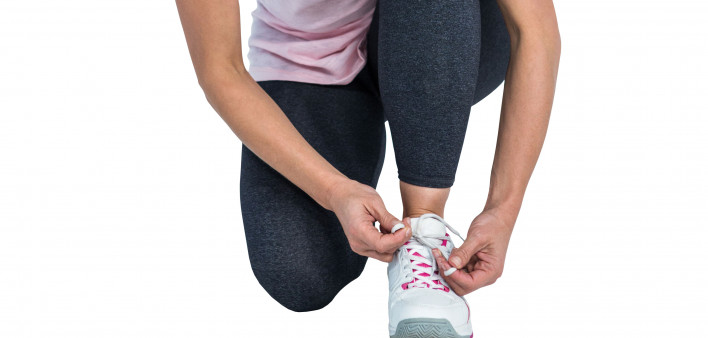By now, your New Year’s resolutions are likely a hazy memory. But if you resolved to move more, here’s some motivation. On average, people aging with HIV took 1,630 fewer steps a day than their HIV-negative peers, according to a study published in Research in Nursing & Health.
The analysis, by Christine Horvat Davey, PhD, RN, and colleagues, found that among 105 HIV-positive and 86 HIV--negative people, those living with HIV took 5,450 steps a day—substantially fewer than the 7,080 steps taken by HIV--negative folks and about half of the 10,000 steps conventional wisdom advises for optimal health and longevity. The Department of Health and Human Services recommends that Americans get 150 minutes of aerobic exercise, such as brisk walking, each week.
Both people living with HIV and HIV-negative folks consumed about the same amount of sugar-sweetened beverages, carbs and alcohol, and both groups scored about the same for healthy eating overall. However, people with HIV consumed more fiber.
But take heart: Despite walking less, people with HIV did not experience more pain, anxiety, depression or trouble sleeping. And for everyone, the healthier their diet and the more toned their muscles, the better they were able to physically function.







Comments
Comments